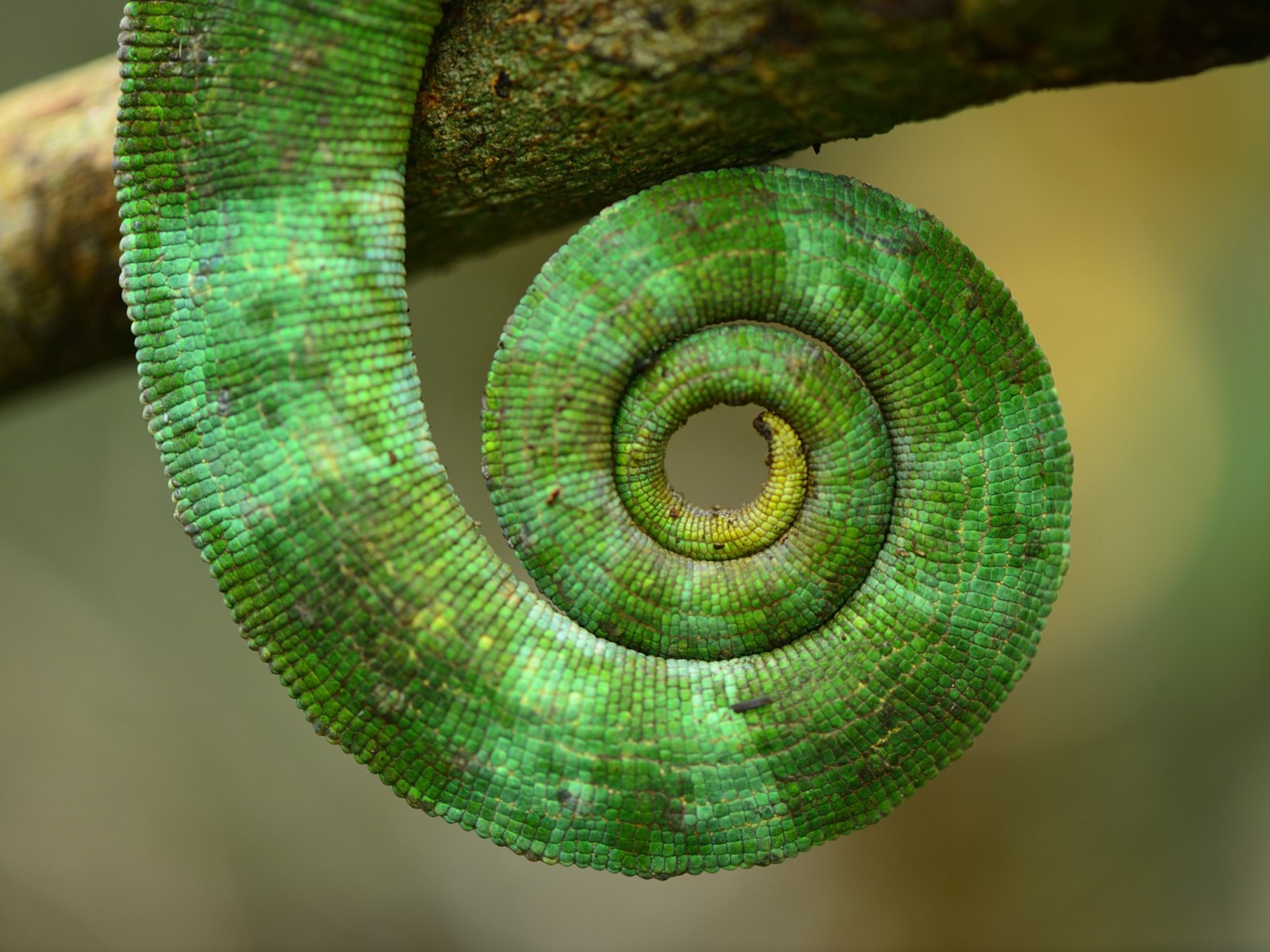Launching Expedition Angano: Conservation fieldwork in Northern Madagascar
I really can’t believe we have come this far, and we haven’t even set foot in Madagascar yet.
This journey started almost a decade ago, when as a secondary school student I became involved with a charity called British Exploring. We set off and lived in an isolated patch of rainforest in Madagascar for a summer and I never looked at the world in the same way again.
With one of the highest deforestation rates globally, combined with nearly 95% endemism and severe poverty – Madagascar really is the front line of conservation.
Ever since that first expedition opened my mind to the world of conservation, it came to dominate my life and I have yearned to go back.
But when I go back, I want it to be to do something useful. While that first journey was so profound, for me there was a lingering sense of helplessness. The problems are so big and so challenging. In a nutshell, conservation in Madagascar is just a really, really hard problem.
Expedition Angano
http://www.jamesborrell.com/wp-content/uploads/2015/09/ExpeditionAngano-border.jpg
This is, I hope, where Expedition Angano can come in.
While we can’t even come close to solving some of the root issues, we have found an area where we can chip away at the problem: Edges
One of the problems of deforestation is that it doesn’t just reduce the total area of surviving forest, it also drastically increases the proportion of forest edges.
This is a problem, because edges are a very different habitat. Edges are hotter and drier, there is also greater human disturbance, hunting, wind damage and more. All in all, edges are very different, but we don’t know how that affects the species that live in the forest, and we don’t know how ‘deep’ edge effects occur: a.k.a. how bad the effect is.
In a country where 90% of the forest is within 1 kilometer of an ‘edge’ then this is critically important research. We aim to study these edges, in order to find out which species are resilient, and which are not. Species that can’t survive on edges could be at far greater risk of extinction than we realise, and some of these species may not have even been discovered yet.
Building Capacity for Conservation
In the long term, the only way to protect the forest, is to build capacity within local communities and train the next generation of Malagasy students to be the conservationists of tomorrow. And this is what we aim to do, too, by having a a fully integrated International-Malagasy team and fully funding several local undergraduate and Masters students to join the expedition.
So over the past year we’ve been putting together that team, working on securing funding and looking at how we can do really worthwhile science.
Now, at last, we’re seeing it all come together, and in three months we will all set foot in Madagascar once again to put it into action.
Watch Our Video
Each week I’ll be publishing more about the expedition, as will many of the other team members. You can follow our progress here.
We Would Love Your Support
We’re hugely lucky to have secured funding from highly respected organisations including The Royal Geographical Society, the Scientific Exploration Society and the Zoological Society of London. All of the international team, too, have supported the expedition out of their own pockets, something I believe is very important.
All in all, I’m convinced that we have a fantastic opportunity to make a real difference, but we want to make the absolute most of it. And so for this reason, we’ve decided to open the expedition up online for crowdfunding support. This would help us supply more equipment and support the involvement of more Malagasy students.
This is a great way to support conservation, on the ground, as part of an expedition that will take place. So if you have a moment, please do take a look.
Lastly…
Our success depends on people knowing about the expedition. We want to shine a big bright spotlight of optimism on Madagascar, so please do help us spread the fun. Plus the actual expedition might be quite wet and soggy, so the tweets will probably be entertaining.


